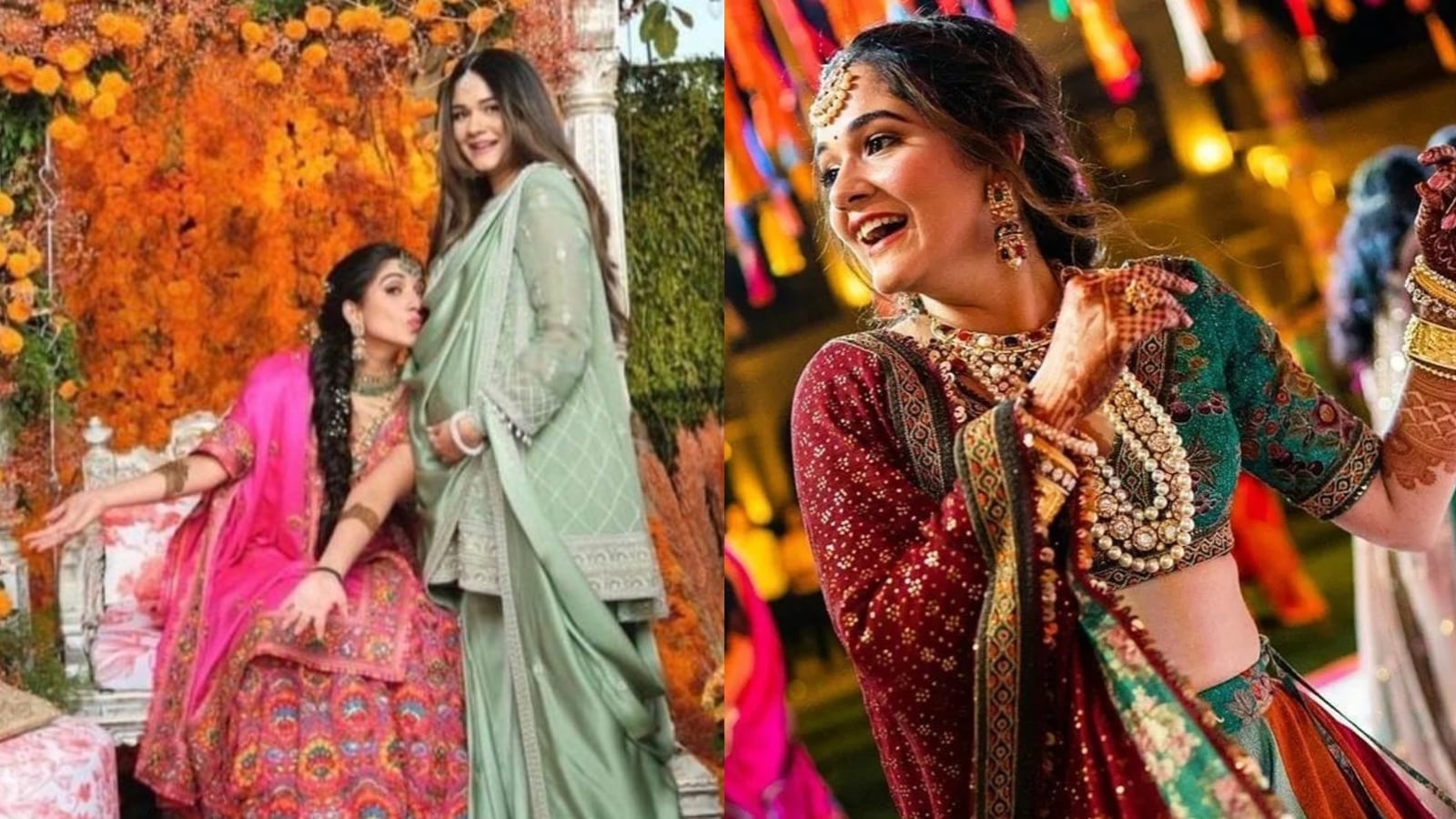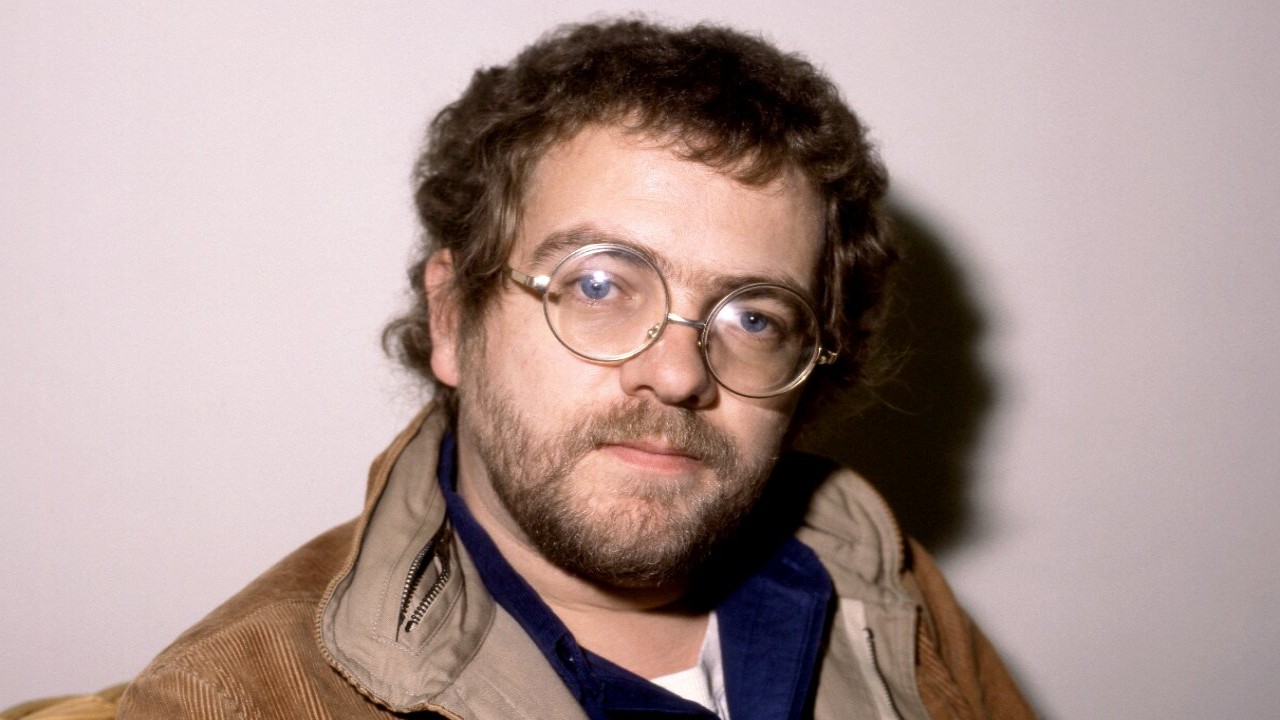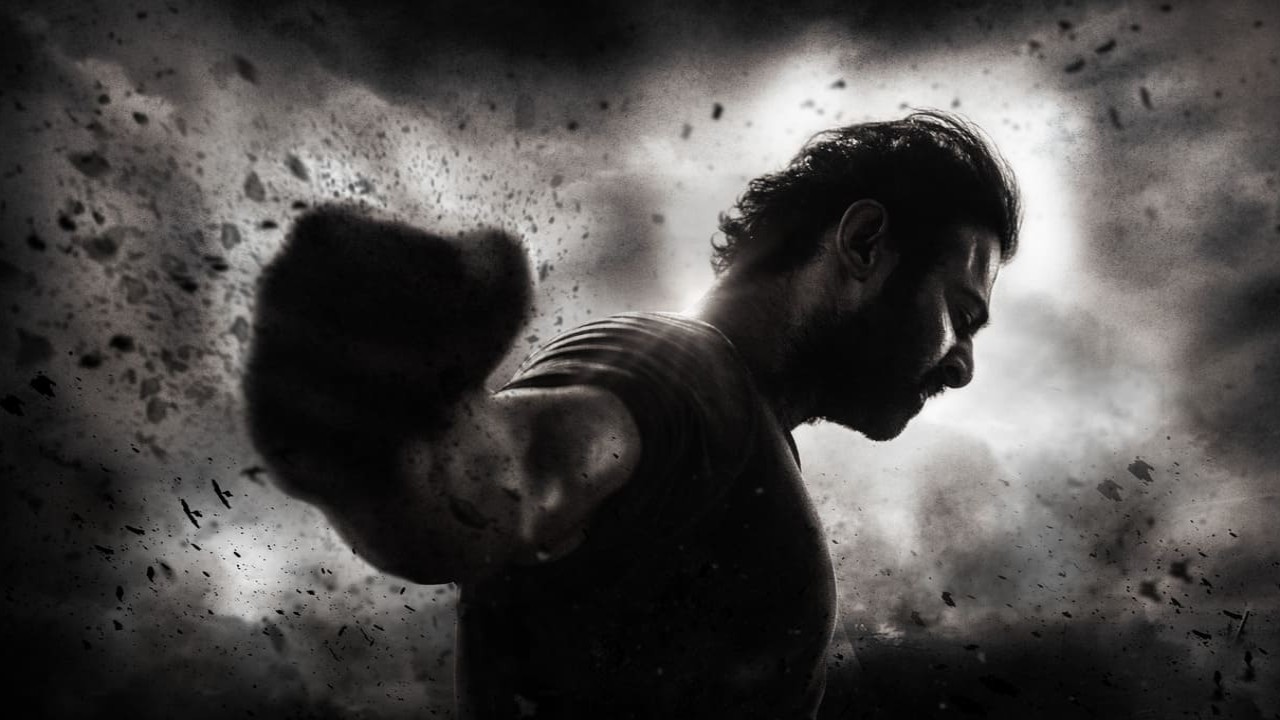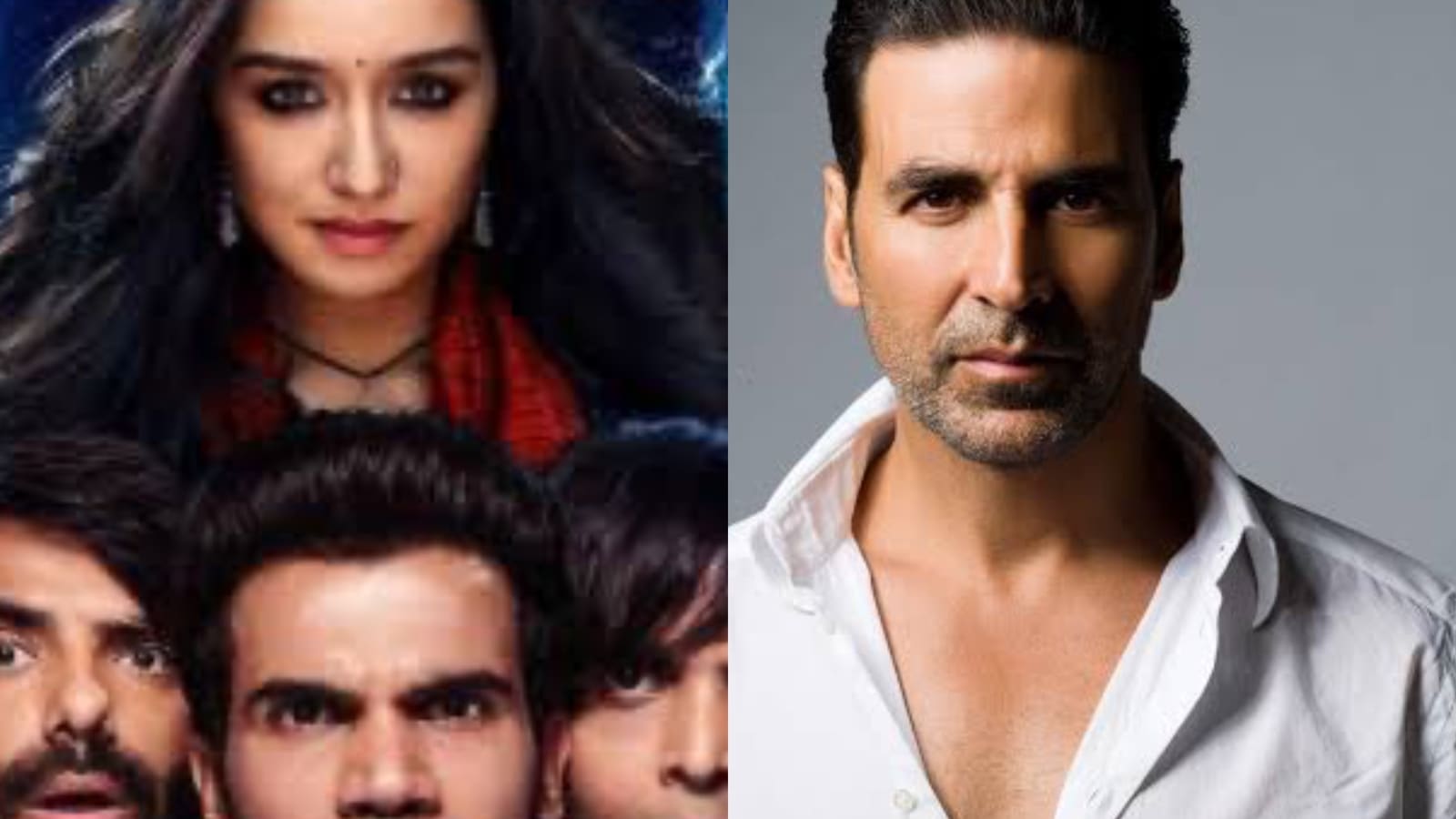Social Media's Corrosive Culture: The Case of Deepika Padukone's Pregnancy
The advent of social media has undoubtedly brought about a paradigm shift in the way we communicate and interact, connecting individuals across vast distances and fostering a sense of global community. However, this transformative technology has also cast a dark shadow, becoming a breeding ground for negativity and a relentless torrent of vitriol. The recent targeting of actress Deepika Padukone, whose pregnancy announcement was met with a barrage of baseless accusations and cruel body shaming, exemplifies the toxic underbelly of social media.
The relentless barrage of hateful comments directed at Padukone, questioning the authenticity of her pregnancy and scrutinizing her every move, underscores the alarming extent to which social media has become a breeding ground for cyberbullying and the erosion of privacy. This insidious trend has driven numerous celebrities to abandon these platforms, seeking refuge from the incessant barrage of online abuse.
Sonakshi Sinha, a prominent Bollywood actress, made the difficult decision to leave Twitter in 2020, citing the platform's increasingly toxic environment. She eloquently articulated her reasons in a heartfelt Instagram post, stating, I've cut the direct source of insult and abuse in my life. I've taken away YOUR power to be able to say whatever it is that you want to me, my family and my friends...
Aamir Khan, another iconic figure in the Indian film industry, followed suit in 2021, deleting all his personal social media accounts. These high-profile departures serve as a stark reminder of the corrosive effects of social media on mental well-being and the need for a fundamental reevaluation of our online interactions.
The relentless trolling of Padukone has sparked an important debate: has social media overstepped its boundaries, infringing upon the fundamental rights of public figures? Is it acceptable for individuals to dissect and scrutinize every aspect of a celebrity's life, particularly their physical appearance and personal choices?
Alia Bhatt, a close friend of Padukone, publicly expressed her support, liking an Instagram post that condemned the trolls and asserted, ...you have no right to comment on any aspect of her life. Aahana Kumra, another actress who endorsed the post, has herself been subjected to online harassment for standing up for her beliefs.
It's her body! Why are people commenting on it? Kumra exclaimed, echoing the sentiments of many who believe that celebrities deserve the same level of privacy and respect as anyone else. She highlighted the industry's solidarity, emphasizing that Padukone was not seeking attention when she exercised her constitutional right to vote.
Body shaming has become a pervasive issue on social media, with trolls targeting individuals for their appearance, weight, and other physical attributes. Zareen Khan, an actress who has faced relentless body shaming, believes that the anonymity of social media has emboldened individuals to express their opinions without fear of repercussion.
People frustrated with their realities find social media as a medium of venting out their frustrations, and celebs are easy targets, Khan observed.
Adah Sharma, another actress who has been subjected to online abuse, shared her experiences, stating, Being an actor and especially after doing The Kerala Story... I feel once you are- a 'celeb', your 'personal' life is kind of open to one and all. The whole world becomes your family and is free to give their opinions.
Divyanka Tripathi Dahiya, who has also faced the wrath of trolls, emphasized the importance of speaking out against online harassment. When I am subjected to trolling, there are times when I ignore them but more often I speak up and people who find the argument right, join in, she explained. I've even filed a case in cyber cell once and got a resolve to my issue. In my opinion its important to raise a voice so they know that the fight is not going to be that easy.
Veteran producer Pritish Nandy believes that trolls target celebrities as a form of entertainment. When you create an army of trolls who work for essentially political purposes, in their off time, when they have nothing to do, they will be nasty to whoever they find. They are perpetually and perenially promoting hatred and abuse.
The targeting of Deepika Padukone is a sobering reminder of the dark side of social media, a realm where anonymity can breed unchecked negativity and a callous disregard for the well-being of others. It is essential for us to collectively condemn online harassment and hold trolls accountable for their actions.
Celebrities, while occupying a public persona, are entitled to the same privacy and respect as any other individual. Their bodies, choices, and personal lives are not




